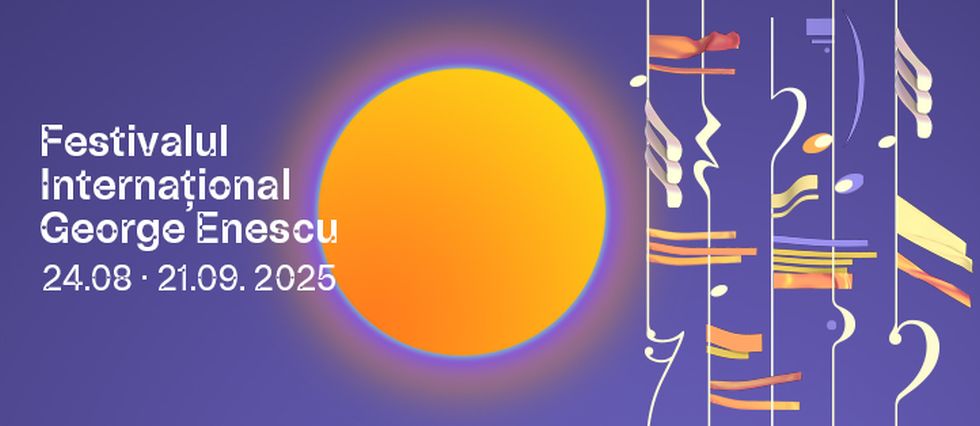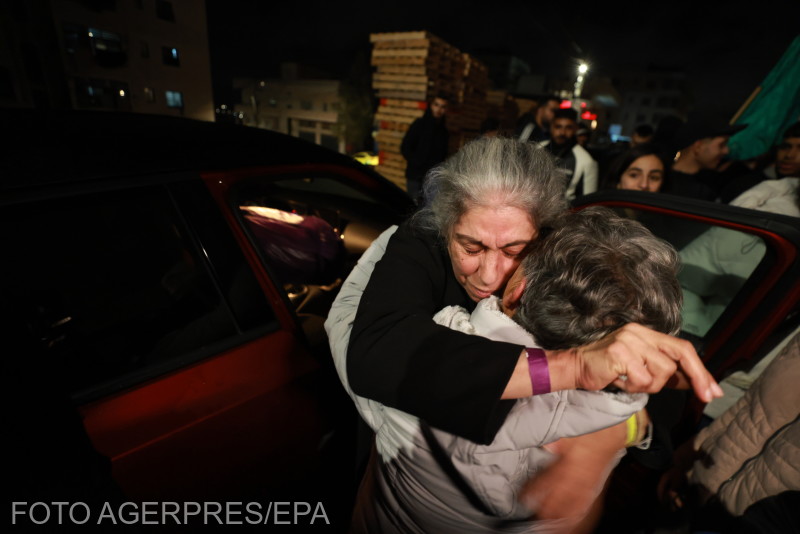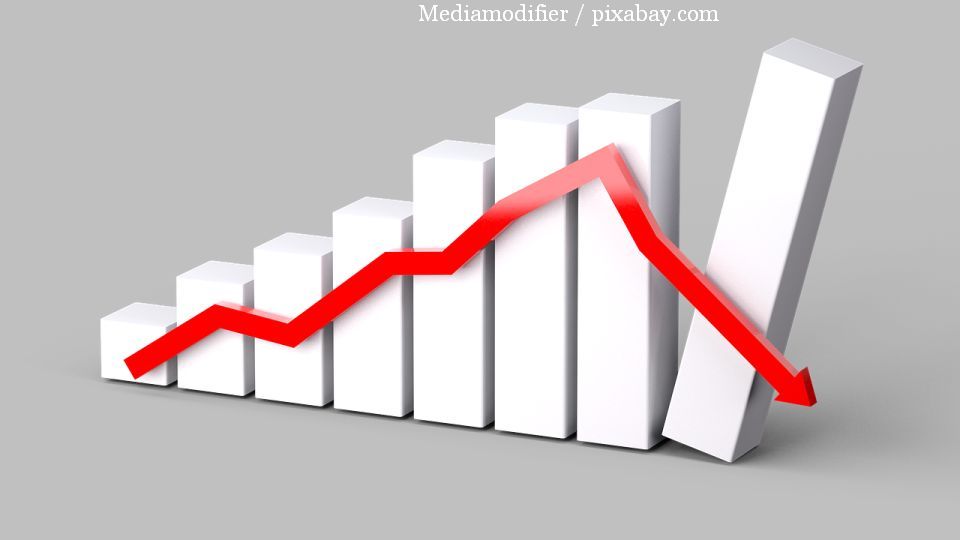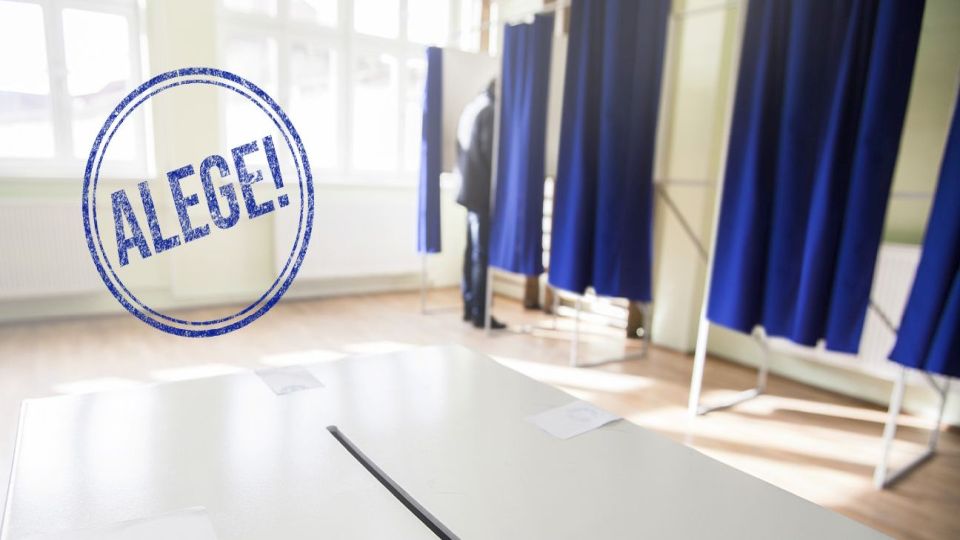Romania’s president visits Brazil
Romanian president has talks with Brazils president Lula da Silva as part of Latin American tour.
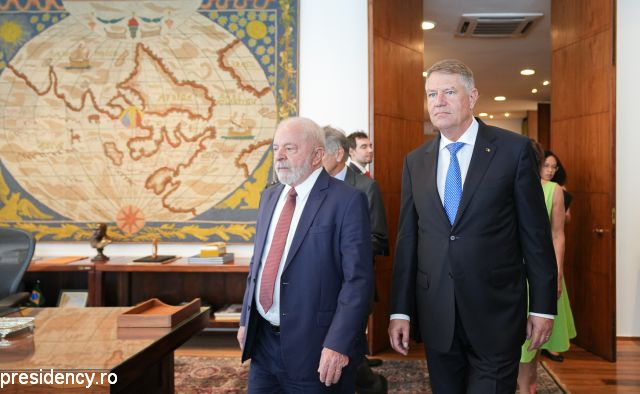
Mihai Pelin, 19.04.2023, 14:00
As part of
his Latin American tour, Romanian president Klaus Iohannis was
received by his Brazilian counterpart Luiz Inácio Lula da Silva. His
visit to Brazil, which is Romania’s biggest trading partner in
Latin America, is the first at head of state level in the last 23
years. The Romanian president discussed with his counterpart about
the different consequences of the war in Ukraine, from the refugee
crisis to the food and energy crises. Iohannis also spoke about
regional and international developments and presented Romania’s
vision with respect to the security situation on its borders and
Russia’s war of aggression. Klaus Iohannis:
The
message from Romania, as a neighbour of Ukraine and the EU state with
the longest border with Ukraine, is clear, strong and must be
understood by our partners: however much Moscow tries to justify its actions, Russia is the aggressor that violated through force
Ukraine’s territorial integrity and tried to destroy its
independence, including by going against the UN Charter. Ukraine is
the victim of Russian aggression. All the negative effects of this
aggression on a global level are the direct consequence of the
aggression perpetrated by Russia, going against international law.
The international community is duty-bound to support Ukraine to repel
the aggression and win this war to liberate the country. Romania will
continue to support Ukraine unwaveringly, and all support for the
security of Ukraine is in fact support for the security of Romania
and its citizens.
For his part,
president Lula da Silva said that alongside the political and
commercial relations his country has with Romania, human relations
are also important, as Brazil is home to more than 40,000 citizens of
Romanian origin. He also spoke about the war in Ukraine:
While my
government condemns the violation of Ukraine’s territorial
integrity, we are in favour of a negotiated political solution to the
conflict. We spoke about our concerns about the effects of the war,
which have spread beyond the European continent. I reiterated my
concern about the global consequences of the conflict, in particular
with regard to food, economic and energy security. We must urgently
create a group of countries that will sit at the table and talk to
Russia in order to achieve a solution of peace.
The two
leaders signed a joint declaration on the development of bilateral
relations in a number of fields. They established ways to deepen
existing cooperation and expand it to other sectors such as
agricultural research, digitalisation, climate change, education and
culture. (CM)

